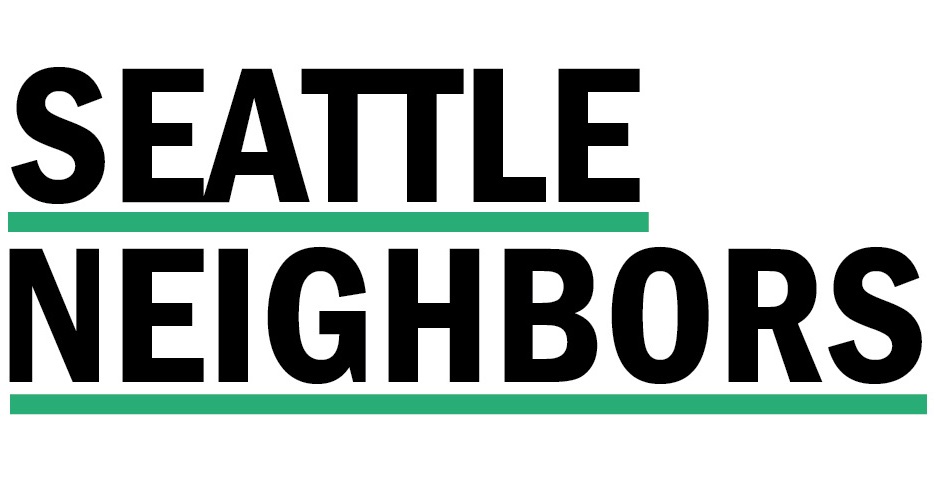MARLON
Graduate student in urban planning and public administration at the University of Washington. Parks Board member.
"I've been in Seattle for seven years now. I grew up in the region—Everett, Mill Creek, Snohomish area. But my mom's been working for the health department forever, so I spent a lot of time in the city. She was riding the bus before it was cool. I did my undergrad at Seattle University and I fell in love with the city, the beauty of Seattle, and an awesome sense of community—communities—everywhere, and just also the emphasis on arts, culture, entrepreneurship and innovation. I can't imagine leaving.
Living in a city just makes sense to me for opportunity and what I'm doing with school and what I do in work, but also in school I’m trying to understand what makes a place a place. I really understand that there's something special about people who live this close to each other and all the amenities we have. Like I said, arts and culture don't just happen. Community just doesn't happen. Small businesses, they just don't happen. It takes this strong sense of community and a lot of people living together making it work. There's also the equity piece. The suburbs are highly segregated and the access to public services in the suburbs is much more difficult. It's also about sustainability. We use way less fossil fuels in a dense city.
We’re losing the communities who have such strong roots here in these parts of town. You know about redlining and racial restrictive covenants and the Central District, Yesler Terrace, Beacon Hill, Chinatown International District—there were reasons that they were so densely populated with people of color. If we begin to push them out to the suburbs, there's a whole set of problems but it's much more than that. I think that we're beginning to lose parts of people's soul. I definitely think there are benefits to building more density in the right places. It's important too to think about preserving marginalized communities…
Marlon on the rooftop of his apartment.
We are more tolerant and inclusive than many other cities. But 60% I believe of the housing stock in Seattle is single family residential. That is a lot of elitism right there and plus it's xenophobia. There's this quote, I can't remember who said, it but it’s ‘justice for someone in power feels like oppression.’ At the end of the day single family residential is bad for the environment. It's bad for economic development and it's bad for welcoming communities overall. I think moving to a form that is more mixed use and it's more dense is just generally better for the city.
I have always seen society as one giant group project and working with others is hard and slow. I think we're moving in a good direction. I'm hopeful to see what the future brings overall."
Home is subsidized apartment in a new building in the Central District. Couldn't live in Seattle without a subsidized apartment.
We are #SeattleNeighbors. Seattle needs more homes, of all shapes and sizes, for all our neighbors.


